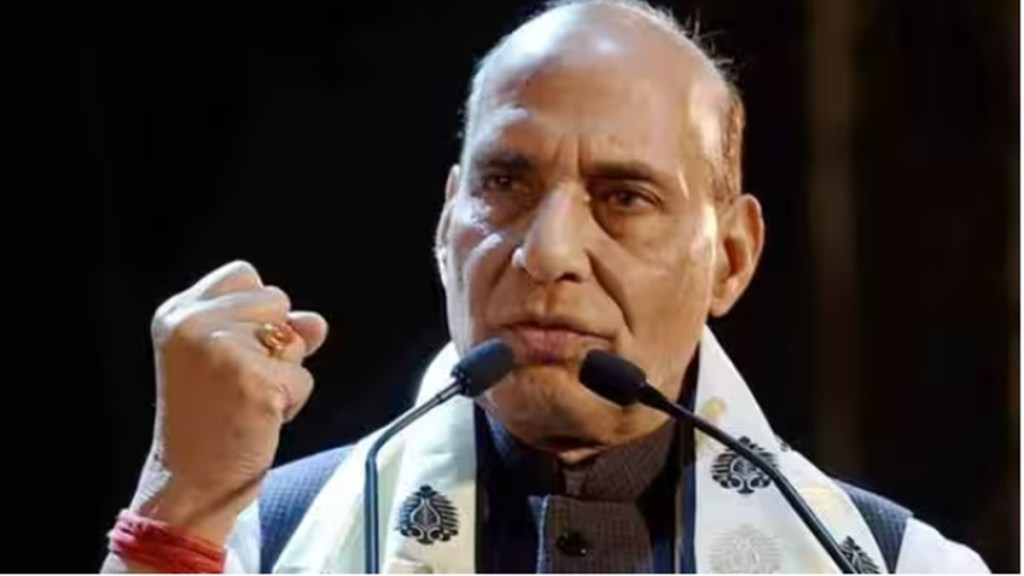The Inter-Services Organisation (Command, Control & Discipline) Bill – 2023 has successfully navigated its way through the legislative process, gaining approval from both the Lok Sabha and the Rajya Sabha. This landmark bill, ratified on August 08, 2023, marks a significant step forward in fortifying the armed forces and enhancing their operational readiness in the face of evolving global security dynamics.
Proposed by defence minister Rajnath Singh, the bill’s essence lies in its ability to bestow the Commander-in-Chief and Officer-in-Command of Inter-Services Organisations (ISOs) with comprehensive disciplinary and administrative authority concerning personnel within these organizations. As highlighted by Singh, the bill’s inception stems from the imperative of fostering seamless jointness and integration among the armed forces, a requisite to effectively safeguarding national interests in today’s intricate security landscape.
This legislative breakthrough comes at a time when traditional modes of warfare have given way to technology-driven and network-centric paradigms. Acknowledging this shift, the defence minister underscores the necessity for heightened coordination amongst the three services to adeptly confront the multifaceted challenges that lie ahead.
The ISO Bill – 2023 carries with it a host of compelling features that bear testament to its importance and transformative potential. Notably, the bill’s jurisdiction spans across regular personnel of the Army, Navy, and Air Force, and even extends to individuals from other forces, as designated by the Central Government, serving within or attached to an Inter-Services Organisation. This inclusive framework ensures a comprehensive approach to maintaining discipline and facilitating efficient discharge of duties.
Empowerment forms the core principle of this bill, as it vests the Commander-in-Chief, Officer-in-Command, and other designated officers with the authority to uphold discipline and administrative coherence within their respective Inter-Services Organisations. The bill also contemplates scenarios where the Command and Control structure might need to operate in the absence of the Commander-in-Chief or Officer-in-Command, thereby enhancing operational flexibility.
Furthermore, the bill’s establishment of a provision for the Central Government to create Inter-Services Organisations showcases a commitment to future-proofing the armed forces’ operational capabilities. This forward-looking approach paves the way for enhanced integration and jointness among the three services, setting the stage for the emergence of resilient and adaptive joint structures.
It’s noteworthy that the ISO Bill – 2023, while ushering in transformative changes, does not alter the existing Service Acts, Rules, or Regulations that have proven their efficacy over several decades. Rather, it leverages the existing legal framework, emboldening the Heads of Inter-Services Organisations to exercise the disciplinary and administrative prerogatives stipulated by the established Service Acts, irrespective of their service affiliations.
In essence, the passage of the Inter-Services Organisation (Command, Control & Discipline) Bill – 2023 signifies a monumental leap towards bolstering India’s military prowess and adaptability. By granting heightened authority to those at the helm of Inter-Services Organisations, the bill paves the way for seamless coordination, strategic alignment, and a stronger foundation for the nation’s security apparatus. In the ever-evolving domain of defense and security, this bill stands as a testament to India’s commitment to maintaining a robust and unified armed forces, poised to overcome the challenges of the modern era.

